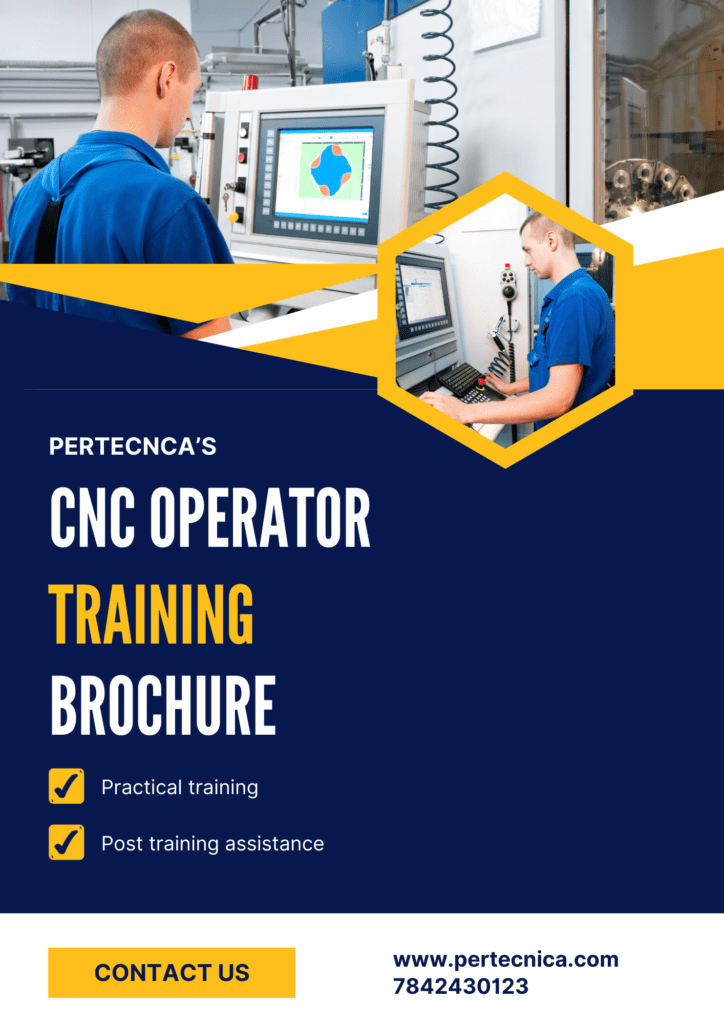CNC Programming Basics Training
The CNC Programming Basics Training program is designed to introduce participants to the fundamental principles of CNC (Computer Numerical Control) programming. This course focuses on G-code, M-code, and machine commands that control CNC machinery, providing the essential knowledge and skills needed to write, edit, and troubleshoot CNC programs. Trainees will learn how to efficiently program CNC machines for various machining operations, contributing to higher precision and productivity in manufacturing processes.
Course summary:
This training program covers the fundamentals of CNC programming, focusing on G-code and M-code. Trainees will gain hands-on experience in writing programs for CNC machines, including basic operations like milling and turning. The course emphasizes program structure, tool path development, and command customization. By the end of the training, participants will be capable of programming CNC machines for simple and intermediate-level machining tasks, with the ability to troubleshoot and optimize machine operations.
- Mastery of basic CNC programming for various machine types.
- Ability to optimize CNC programs for efficiency.
- Skills to troubleshoot and resolve programming issues.
Practical training
- Writing and editing G-code and M-code programs.
- Simulating CNC programs before machine execution.
- Programming tool paths for complex shapes.
- Configuring machine settings for different materials.
- Setting up and running basic CNC milling and turning programs.
- Optimizing tool paths for faster operations.
- Debugging and resolving programming errors.
- Hands-on practice with CNC programming software.
Career scope
Upon completing the CNC Programming Basics Training course, graduates can explore career opportunities in various sectors, including:
- CNC Programmer for manufacturing units.
- CNC Machine Operator specializing in programming.
- CNC Technician for setup and programming.
- Quality Control Technician for CNC-driven processes.
- CNC Trainer or Instructor.
- Production Supervisor with CNC programming knowledge.
- CNC Freelance Programmer.
- CNC Programming Consultant.
- Tool and Die Designer for CNC operations.
- Machining Process Engineer.

